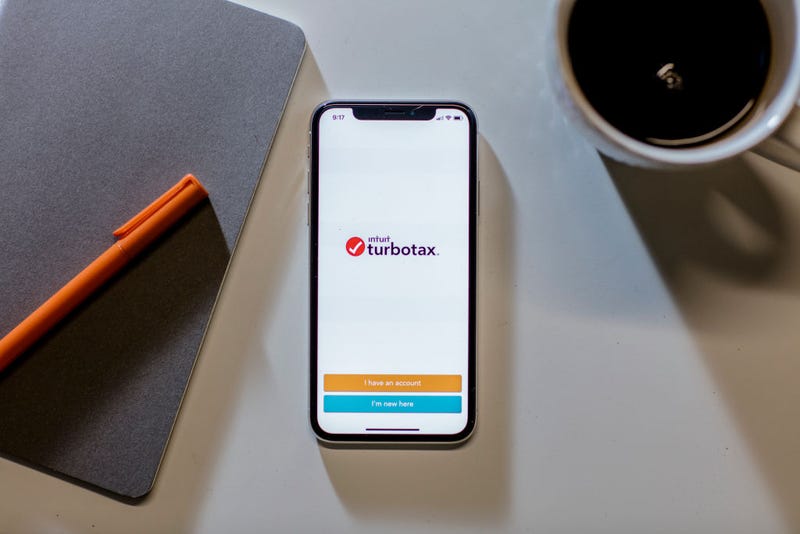
Most of us are probably familiar with Turbo Tax advertisements featuring claims about free tax filing services, especially as the April 18 tax deadline looms near.
However, according to a complaint filed this week by the Federal Trade Commission (FTC), many of Turbo Tax’s services aren’t free at all. Many consumers who would be able to file their taxes for free have paid the company unnecessarily, said the FTC.
The complaint petitions this Court to “enter a temporary restraining order and grant a preliminary injunction,” against Intuit Inc., the parent company of Turbo Tax, preventing the company “from engaging in deceptive acts or practices in connection with the advertising, marketing, promotion, distribution, and sale of online tax preparation products and services, including TurboTax.”
In the filing, the FTC said Intuit has disseminated a “deceptive claim that consumers can file their taxes for free using TurboTax,” through advertisements and its websites, even though they cannot in numerous instances based on the tax forms they need. Paid search terms on Google and Bing also directed consumers to the company’s services.
The filing also claims that many users of the online tax service input sensitive personal and financial information believing the service to be free only to be later prompted to upgrade to a paid version of the service in order to finish filing their taxes.
“All the while, many low- and middle-income consumers that paid Intuit to upgrade to a paid version of TurboTax would have been eligible to prepare and file their taxes electronically at no cost through the IRS Free File Program, a public-private partnership formed in 2002 between the IRS and a consortium of online tax preparation and filing companies,” according to the complaint.
Until 2021, Intuit offered a free online version of TurboTax through the IRS Free File Program. The FTC claims that the partnership with the IRS was part of an attempt to prevent the government from encroaching on its tax services.
“Intuit has long feared that the government would ‘encroach’ on its tax preparation business,” said the complaint. “Intuit called the company’s participation in the IRS Free File Program the ‘lynchpin’ of its efforts to avoid government ‘encroachment’ into the tax preparation industry.”
In addition to advertising the Free File Program, Turbo Tax advertisements often used the word “free” and had programs such as “freemium” and “Free Edition” though the programs were not always free.
For example, consumers who receive income reported through certain types of IRS Form 1099 – such as independent contractor gig economy workers or people with small business income – are not eligible for the “freemium” version of TurboTax, regardless of their income. Some consumers who claimed student loan debt interest deductions were also ineligible for the program within the past five years.
Although the company does have disclaimers, the FTC said they serve as an inadequate warning to consumers.
According to the FTC, it has also “already initiated an administrative proceeding,” regarding the claims as of Monday.
“In its filing, the FTC inaccurately alleges Intuit’s advertising practices directed consumers who were eligible for free tax filing software from TurboTax or the IRS Free File Program to the company’s paid tax preparation products,” said a Monday blog post from Intuit. “The facts say otherwise.”


